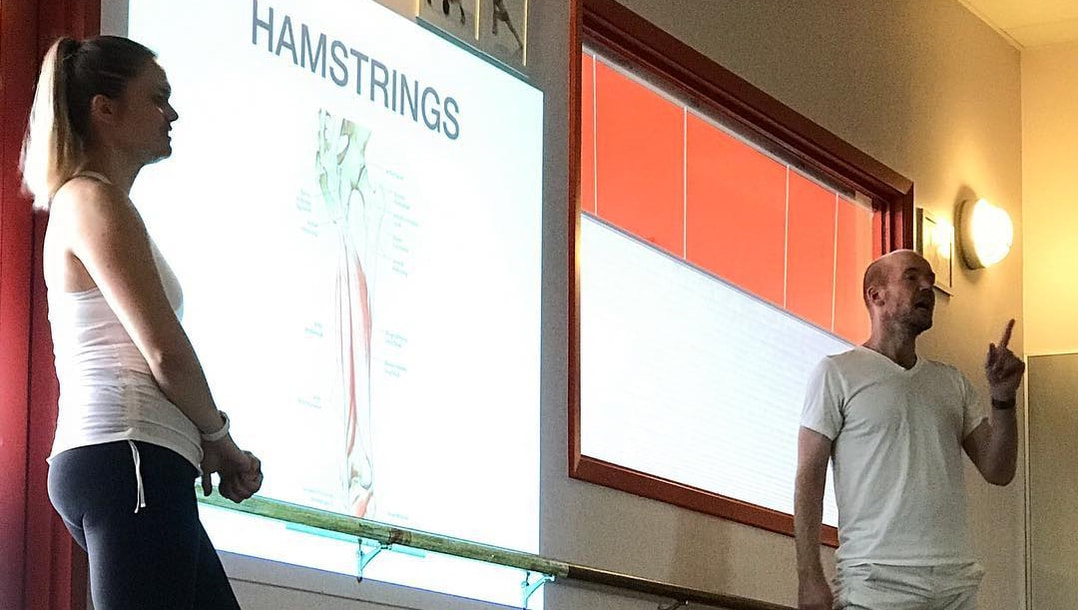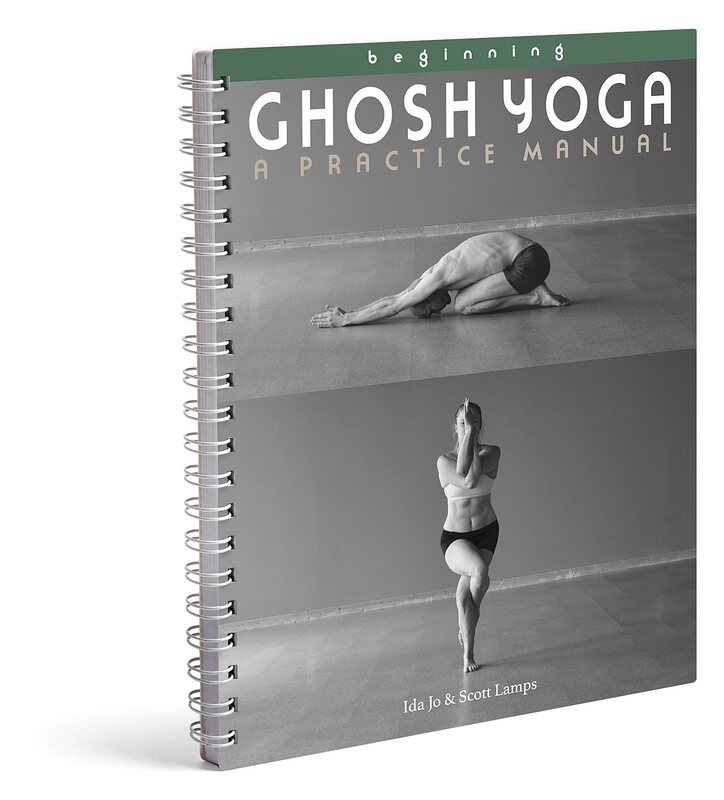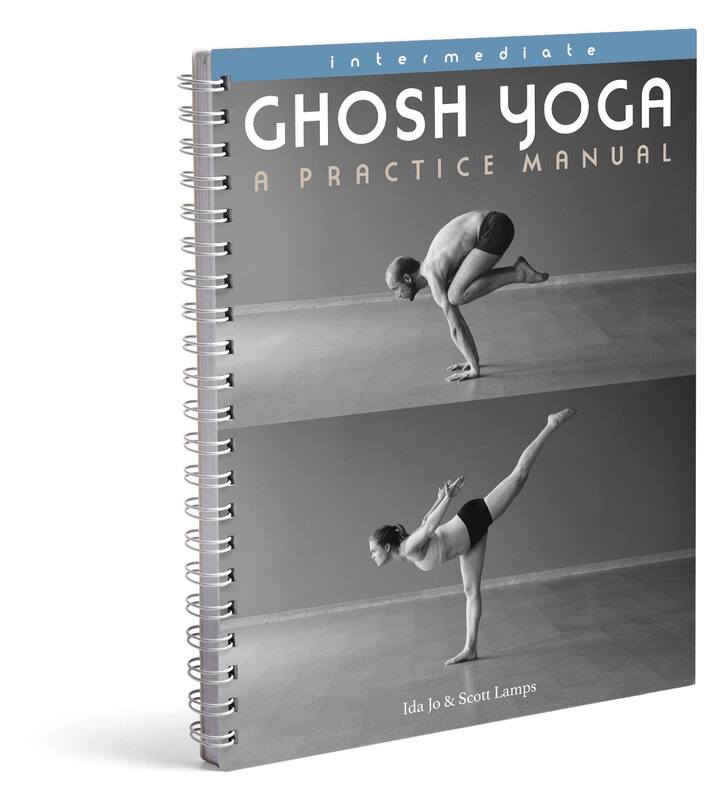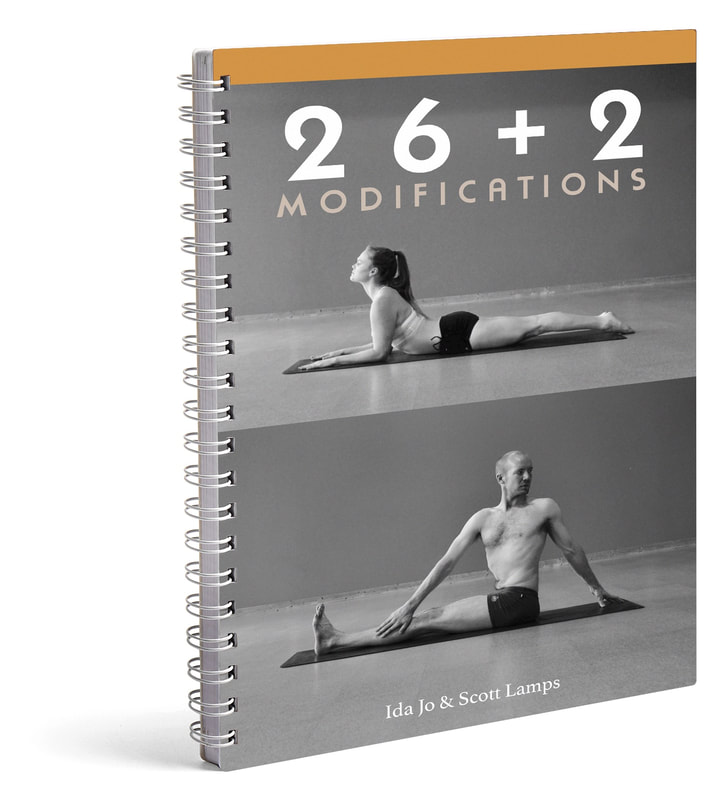|
The issue of cultural appropriation has been troubling yoga lately. Did the West steal yoga from India? Does India own yoga? Do Indians naturally and inherently understand yoga because of their cultural heritage? Is it in their blood? Some have suggested that non-Indians should not teach yoga.
Three elements are worth stating briefly before we answer the central question. First, any claim that intelligence, knowledge, understanding or ability can be judged by a person’s heritage or race should be recognized for what it is. At best it is nationalism, at worst it is racism. With yoga, the sentiment is understandable on several levels. Yoga has become a billion dollar industry beyond India's borders. Furthermore, much about what modern yoga is today shifted drastically while India was under British rule. The desire to reclaim a popular system as one’s own is relatable. Yoga, like many other trades, practices or professions can be passed down generation to generation. At a young age, the next in line takes over the family business. They grow up around it and learn everything there is to know about it from the older generation. This is different. This is closer to a master/apprentice or guru/disciple relationship. In this case, the second generation will have knowledge and understanding that the outside world won't have. But this is because of the immense time spent learning and studying the craft. If the child of an expert chooses not to study or practice yoga for example, they cannot expect to know a great deal about it even if they are directly related to an expert. Second, heritage of a subject or art form in a country does not give that country exclusive ownership of it. Ideas and goods have been traded internationally for thousands of years, evolving as they go. The Chinese cannot claim the exclusive right to make paper, the Babylonians mathematics, nor the Indians yoga. Third, we need to be clear about what we mean by 'yoga'. This may seem obvious, but it is nuanced enough to deserve a little explanation. There is no doubt that yoga originates in India. The ancient Katha Upanishad is its first known explanation. For thousands of years, yoga was a spiritual practice of uniting one’s awareness with an eternal spirit within, or with a deity. In the twelfth century, a practice with bodily elements developed, called hathayoga, the 'yoga of force'. But the goal was the same, to create spiritual unity with a higher being. In the early twentieth century, this changed drastically. Over the course of a couple decades, yoga was refashioned as a modern, scientific, physical practice for health. Modern yoga represents a fundamental break from the older spiritual iterations. It shows influence from European physical cultures like gymnastics and calisthenics. As such, even India’s claim as the singular authentic source of modern physical yoga is worthy of healthy debate. But let’s get back to the central question: who should be teaching yoga? The answer is the same as for any topic, whether mathematics, physics, astronomy, music or literature. A topic should be taught by those who have knowledge of it. Regardless of their age, gender or race, a teacher needs no more — and no less — than expertise of their subject. This gets more complicated because of the unequal power structures permeating the world. Those that know should teach. However, those that have resources should work to make sure that those who have less still have the opportunity to learn if they choose to. Perhaps the question is not who should teach, but rather how do we make high quality education affordable and available. This issue has quickly moved in the wrong direction as more and more "teacher" trainings see big money to be made. This is in exchange for the promise of the title of teacher, often with not enough regard for the task of actually training a teacher. As for the suggestion that non-Indians should not teach yoga, the nationalistic element should quickly be discarded. Furthermore, we need to address the quality of yoga teachers. The only worthwhile question to ask about a potential yoga teacher is this: do they know what they are doing?
2 Comments
Celia Acero
5/27/2021 06:11:00 pm
I’ve earned 500 hrs YTT yoga in Rishikesh snd Goa. I chose to learn study and practice in India and chose an ashram who I can call my guru is educated and knowledgeable physically and spiritually. My guru has a PhD in yoga in India. Because I was educated and trained by a well educated trained yogi I have difficulty going into a yoga studio to practice in the West/Northern Hemisphere . After one try I don’t come back because I feel the teacher don’t teach and practice the 8 paths of yoga.
Reply
2/12/2024 02:53:54 am
See its not about Indian or non-Indians, anybody who is master in yoga, can teach the yoga.
Reply
Leave a Reply. |
AUTHORSScott & Ida are Yoga Acharyas (Masters of Yoga). They are scholars as well as practitioners of yogic postures, breath control and meditation. They are the head teachers of Ghosh Yoga.
POPULAR- The 113 Postures of Ghosh Yoga
- Make the Hamstrings Strong, Not Long - Understanding Chair Posture - Lock the Knee History - It Doesn't Matter If Your Head Is On Your Knee - Bow Pose (Dhanurasana) - 5 Reasons To Backbend - Origins of Standing Bow - The Traditional Yoga In Bikram's Class - What About the Women?! - Through Bishnu's Eyes - Why Teaching Is Not a Personal Practice Categories
All
Archives
May 2024
|







 RSS Feed
RSS Feed